Summary
- Profile Type
- Business Offer
- POD Reference
- BOCO20250714019
- Term of Validity
- 14 July 2025 - 14 July 2026
- Company's Country
- Colombia
- Type of partnership
- Commercial agreement
- Outsourcing agreement
- Investment agreement
- Targeted Countries
- Sweden
- Spain
- Germany
- Italy
- Austria
Contact the EEN partner nearest to you for more information.
Find my local partner
General information
- Short Summary
- A Colombian hotel is seeking strategic partnerships to enhance brand visibility, access new markets, and promote experience-based tourism. It is open to collaborations involving content creation, affiliate marketing, or bundled offerings aimed at attracting conscious travelers and expanding its international customer base.
- Full Description
-
This hospitality initiative is located in Zipacón, Cundinamarca, Colombia, nestled within a high-biodiversity rural area. The project reimagines the relationship between tourism, ecosystems, and rural communities through a regenerative approach. Its primary objective is to contribute to ecosystem restoration, activate local economies, and offer visitors meaningful experiences rooted in sustainability and cultural awareness.
The hotel comprises private cabins designed with low-impact materials, passive thermoregulation, and architecture adapted to the natural terrain. It is situated within a productive coffee forest that coexists with reforestation zones and recovering biological corridors. Rather than contributing to habitat fragmentation, the project promotes landscape restoration.
Environmental practices include low-energy consumption infrastructure, greywater treatment systems, and on-site waste separation for composting and recycling. The initiative also sources fresh ingredients from agroecological producers in the surrounding region, complemented by produce from its own gardens—strengthening short food supply chains and reducing its environmental footprint.
As an experiential learning platform, the hotel offers activities such as guided coffee tours, sensory tastings, interpretive walks, workshops, and wellness sessions. These experiences are curated to enhance ecological consciousness and empathy for the rural environment. Most of the operational team comes from the local area and receives ongoing training in sustainability, hospitality, and service.
Socially, the project contributes to the formalization of employment in a region traditionally dependent on informal labor and monocultures. Hiring practices prioritize local talent and seek to elevate rural women to leadership roles. The initiative maintains regular dialogue with community stakeholders to ensure alignment with local culture and needs.
The operation is supported by standardized processes in guest services, reservations, satisfaction tracking, and communication. It utilizes digital tools such as CRM systems and automation to maintain efficiency while preserving personalized service. Efforts are currently underway to strengthen internal systems for evaluating environmental and social impact.
The organization is actively seeking international partnerships to enhance its visibility and positioning within the regenerative tourism ecosystem. Ideal collaborators may include tour operators, impact-driven travel platforms, sustainability-oriented hospitality networks, or institutions focused on ecological travel. Potential areas of cooperation include promotional partnerships, representation on ethical travel platforms, co-development of educational experiences, and collaborative storytelling initiatives.
Through strategic alliances, the initiative aims to reach new audiences, increase its market presence, and scale its contribution to regenerative development—without compromising its integrity or territorial focus. - Advantages and Innovations
-
This Colombian hotel stands out for its implementation of a regenerative hospitality model that goes beyond minimizing environmental impact to actively contributing to ecosystem restoration. It combines low-impact architectural design with operational strategies that promote ecological regeneration and strengthen rural economies.
Located within an active agricultural landscape, the hotel integrates tourism with production systems in a way that enhances, rather than disrupts, local cycles. Guests are immersed in experiences that are educational and participatory, offering an alternative to conventional tourism in protected or fragile areas.
Its operational model follows circular economy principles. Sourcing is agroecological and local; water is treated and reused on-site; infrastructure is designed for adaptability; and continuous training is provided to staff from nearby communities. These practices ensure that tourism activity reinforces local sustainability, rather than undermining it.
The hotel also applies a hybrid management system that combines digital tools—such as customer relationship software and automated communications—with personalized hospitality protocols and ongoing environmental and social impact assessment. This dual focus on service quality and measurable outcomes strengthens accountability and transparency.
Through these practices, the hotel functions as a living laboratory for regenerative tourism in Colombia. It differentiates itself from accommodations that focus only on superficial sustainability, offering a model where ecological design, community engagement, and impact measurement are structurally integrated into daily operations. - Stage of Development
- Already on the market
- Sustainable Development Goals
- Goal 12: Responsible Consumption and Production
- Goal 13: Climate Action
- Goal 8: Decent Work and Economic Growth
- Goal 15: Life on Land
- Goal 6: Clean Water and Sanitation
- IPR status
- No IPR applied
Partner Sought
- Expected Role of a Partner
-
The organization is seeking strategic partners to address a key challenge: increasing visibility, positioning, and commercialization within the regenerative tourism ecosystem, both nationally and internationally. Although the initiative offers a coherent and high-quality hospitality experience rooted in territorial and environmental values, it currently faces limitations in reaching new audiences, diversifying communication channels, and gaining access to decision-making spaces in purpose-driven tourism.
To overcome these challenges, the organization aims to collaborate with partners that bring expertise in ethical marketing, strategic communications, and market development, particularly in the fields of sustainable and regenerative tourism. Desired partner profiles include:
Impact-oriented marketing agencies or consultants with the ability to co-design long-term strategies that authentically communicate the project’s values. These strategies should prioritize educational storytelling over commercial promotion, and reinforce the ethical foundations of regenerative travel.
Tourism platforms and networks that curate and promote transformative travel experiences. These partners would support the inclusion of the initiative within curated offerings or thematic travel portfolios that share aligned values.
Media production teams or content creators, preferably interdisciplinary in nature, interested in co-producing documentary-style narratives, visual storytelling, or digital formats that highlight rural hospitality, environmental regeneration, and cultural heritage.
Academic institutions or research centers with programs in regenerative development, sustainable hospitality, or ethical communication. These collaborators could engage in co-learning processes, case study development, or joint dissemination initiatives focused on impact storytelling and sector innovation.
Depending on the partner’s profile, the cooperation may involve one or more of the following roles:
- Co-development and implementation of communication strategies tailored to regenerative tourism audiences.
- Creation of new digital content formats and outreach channels.
- Support in audience segmentation and market intelligence for niche tourism markets.
- Integration into aligned distribution networks or referral systems.
- Joint development of storytelling tools, communication metrics, or impact assessment frameworks.
- Exchange or mentorship in ethical branding, cultural positioning, and narrative design.
The organization prioritizes partnerships grounded in mutual learning, shared values, and long-term collaboration. Rather than seeking transactional relationships, it welcomes partners who view tourism as a catalyst for ecological, cultural, and social regeneration—and who can contribute technical, creative, or strategic capabilities to amplify this purpose. - Type and Size of Partner
- Other
- Type of partnership
- Commercial agreement
- Outsourcing agreement
- Investment agreement
Dissemination
- Technology keywords
- 010002002 - Biodiversity
- 11002 - Education and Training
- 10002004 - Climate Change mitigation
- Market keywords
- 07005003 - Hotels and resorts
- 07005005 - Travel agencies and services
- Sector Groups Involved
- Tourism
- Targeted countries
- Sweden
- Spain
- Germany
- Italy
- Austria
Images
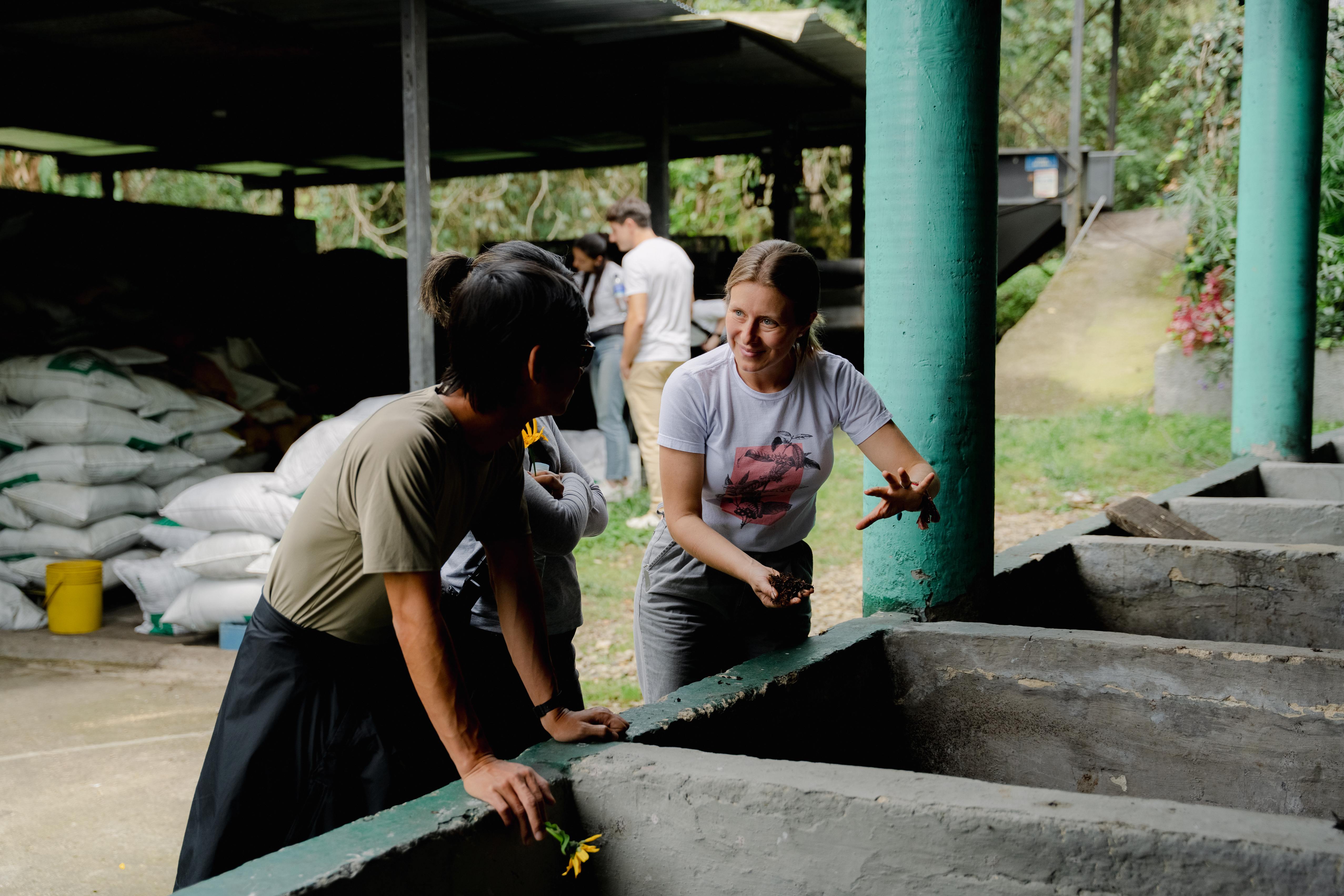

_DSC7603 11 - RESERVAS HOTEL.jpg 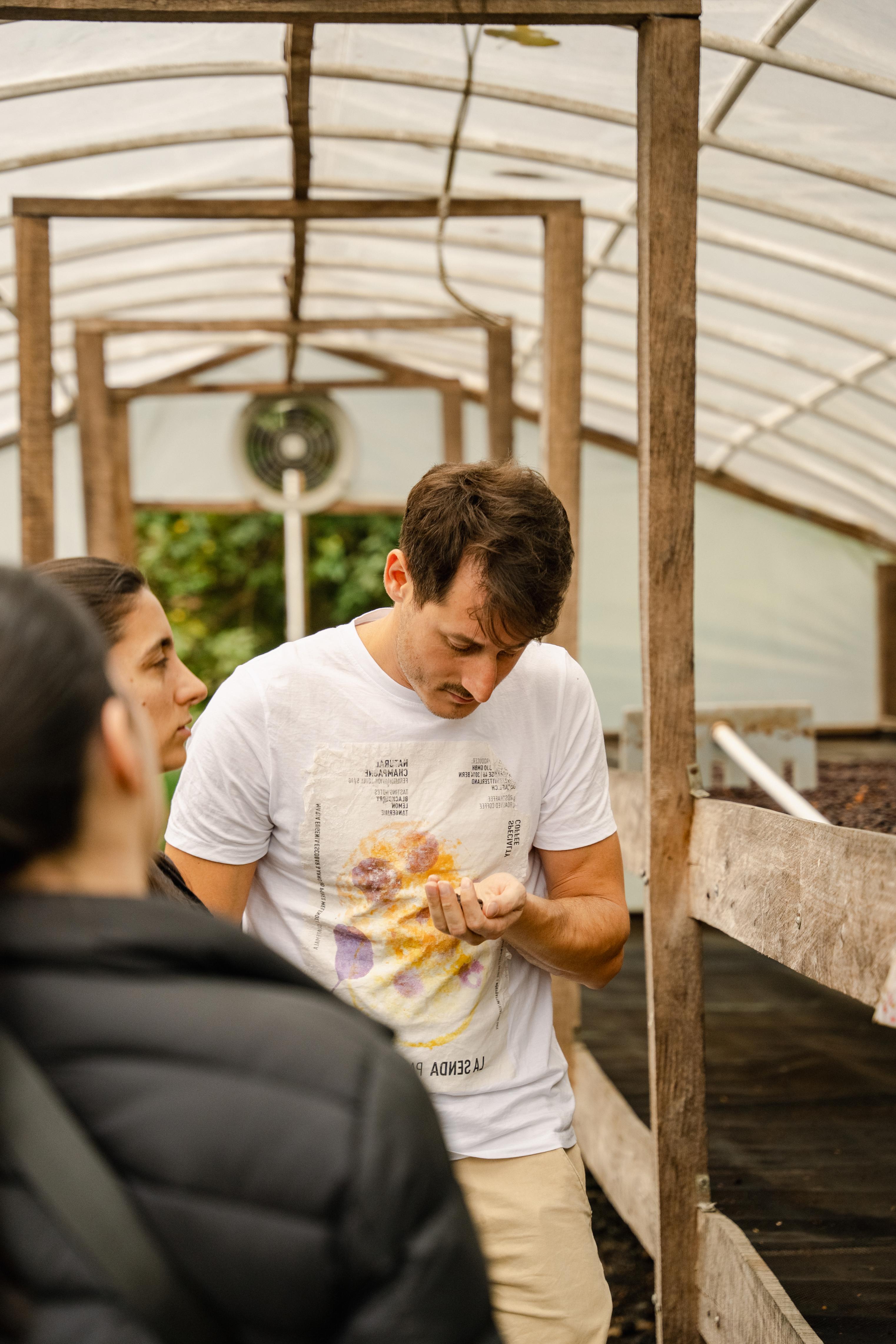

_DSC7554 11 - RESERVAS HOTEL.jpg 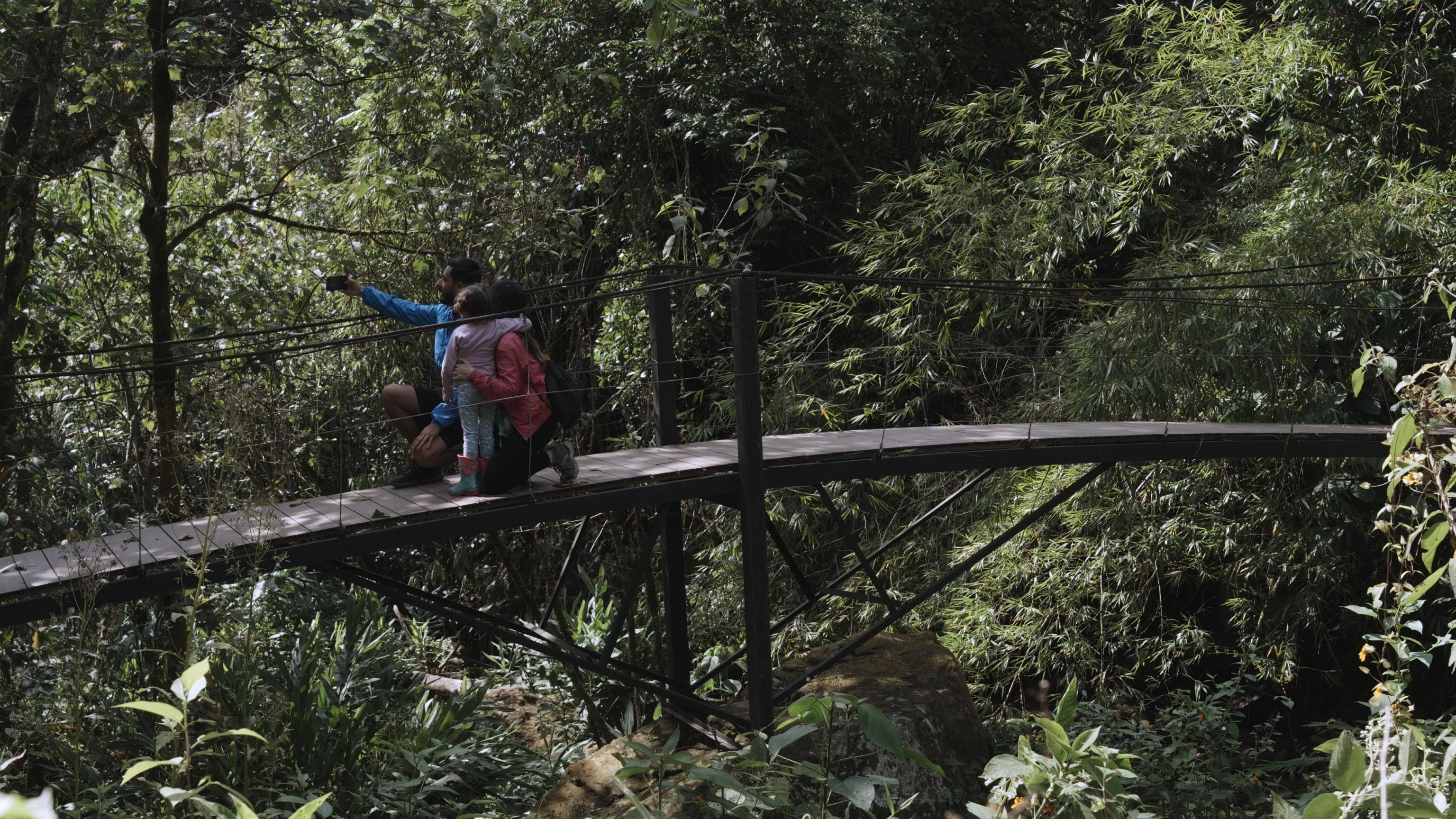

PyT_1.14.11 - RESERVAS HOTEL.jpg 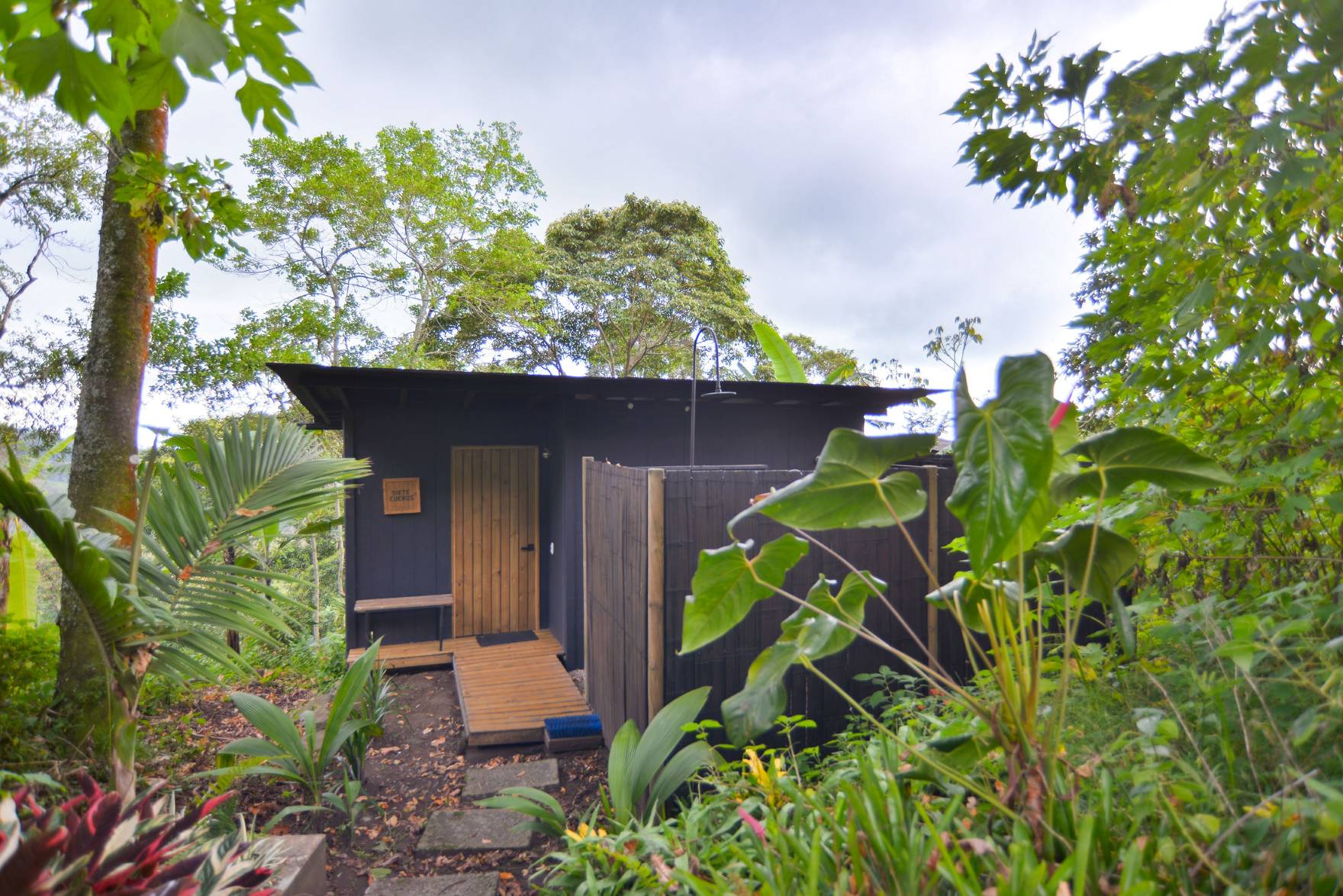

Triple_LPYET_14371 - RESERVAS HOTEL.jpg 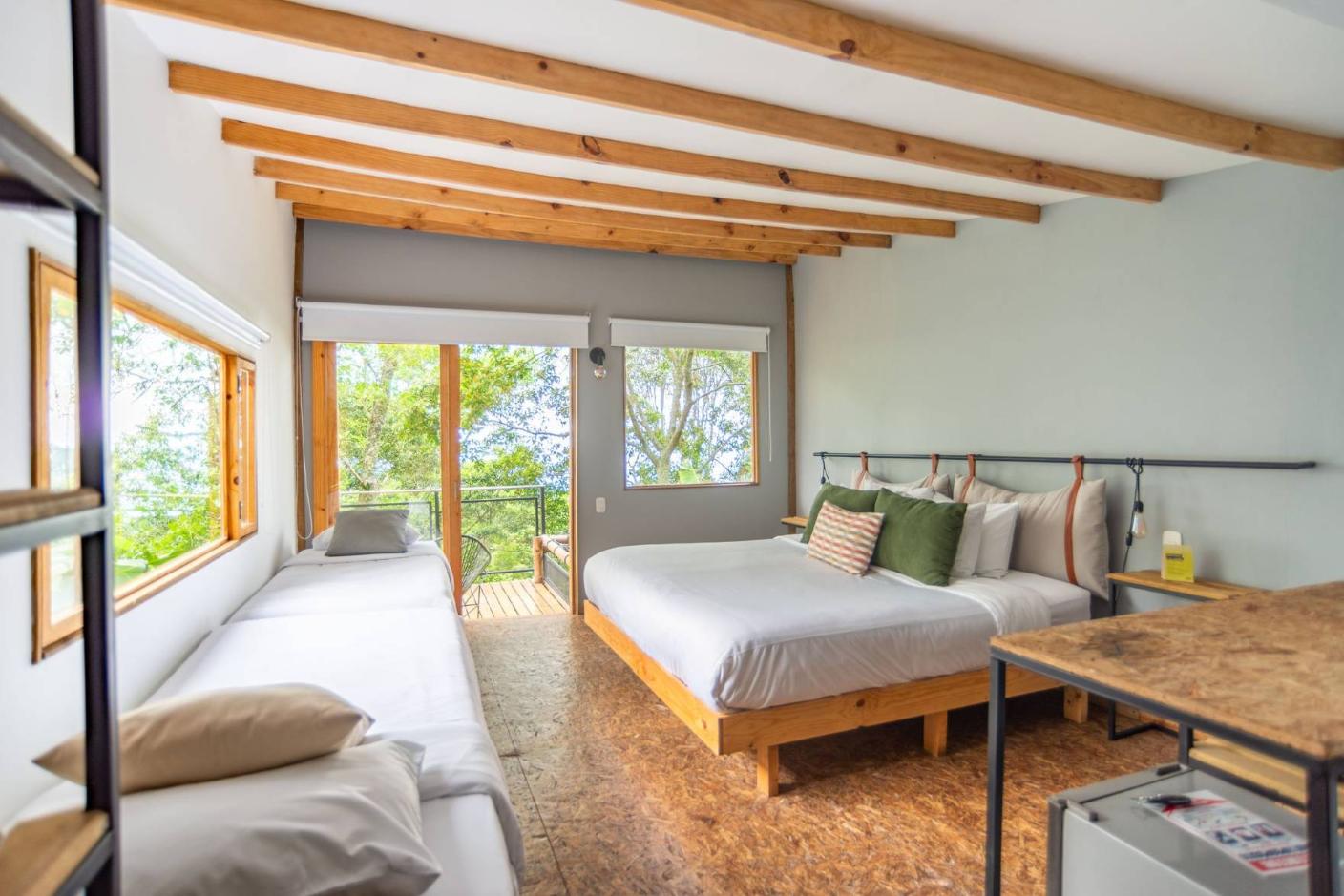

Triple_LPYET_1412-HDR 11 - RESERVAS HOTEL.jpg 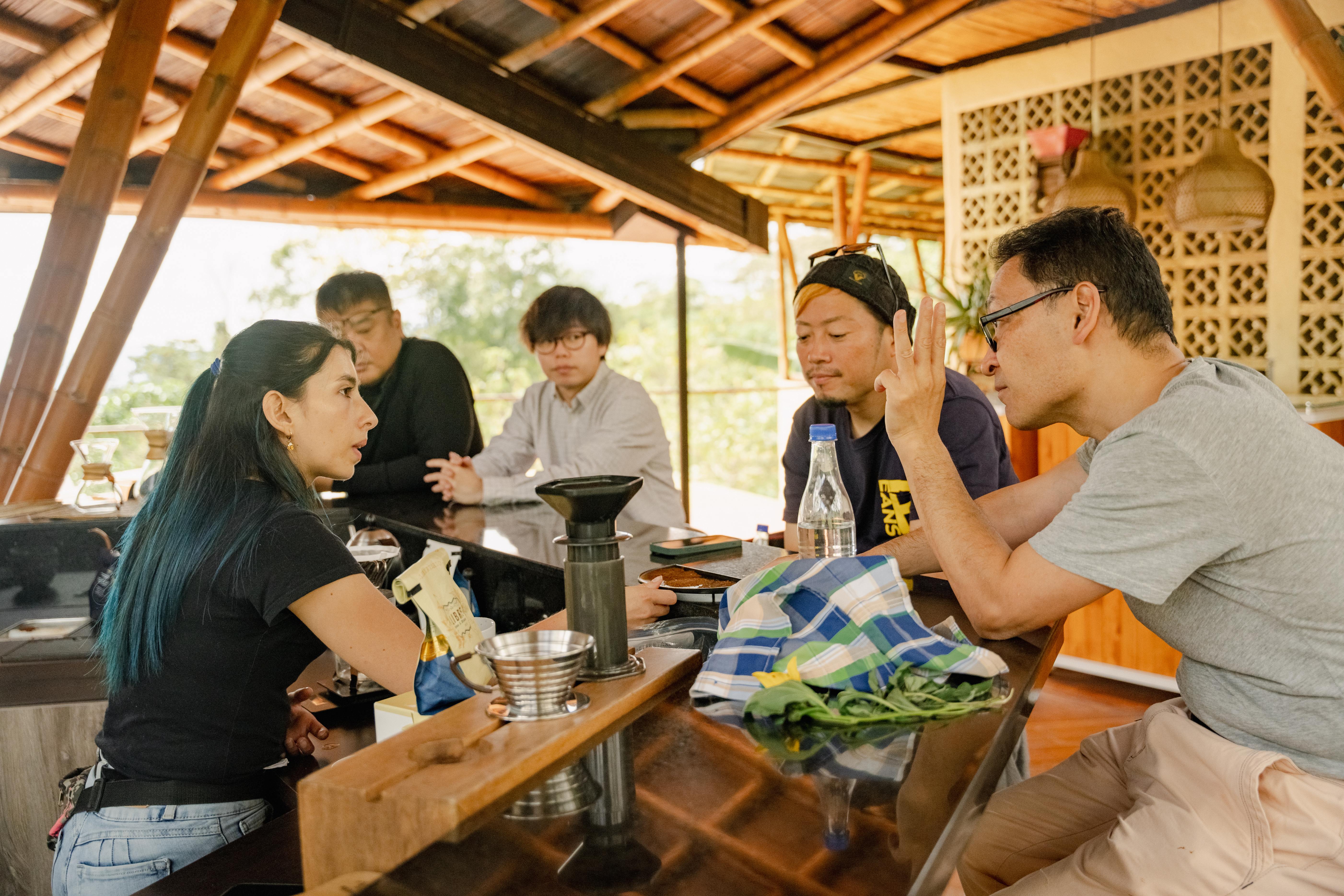

_DSC7663 11 - RESERVAS HOTEL.jpg 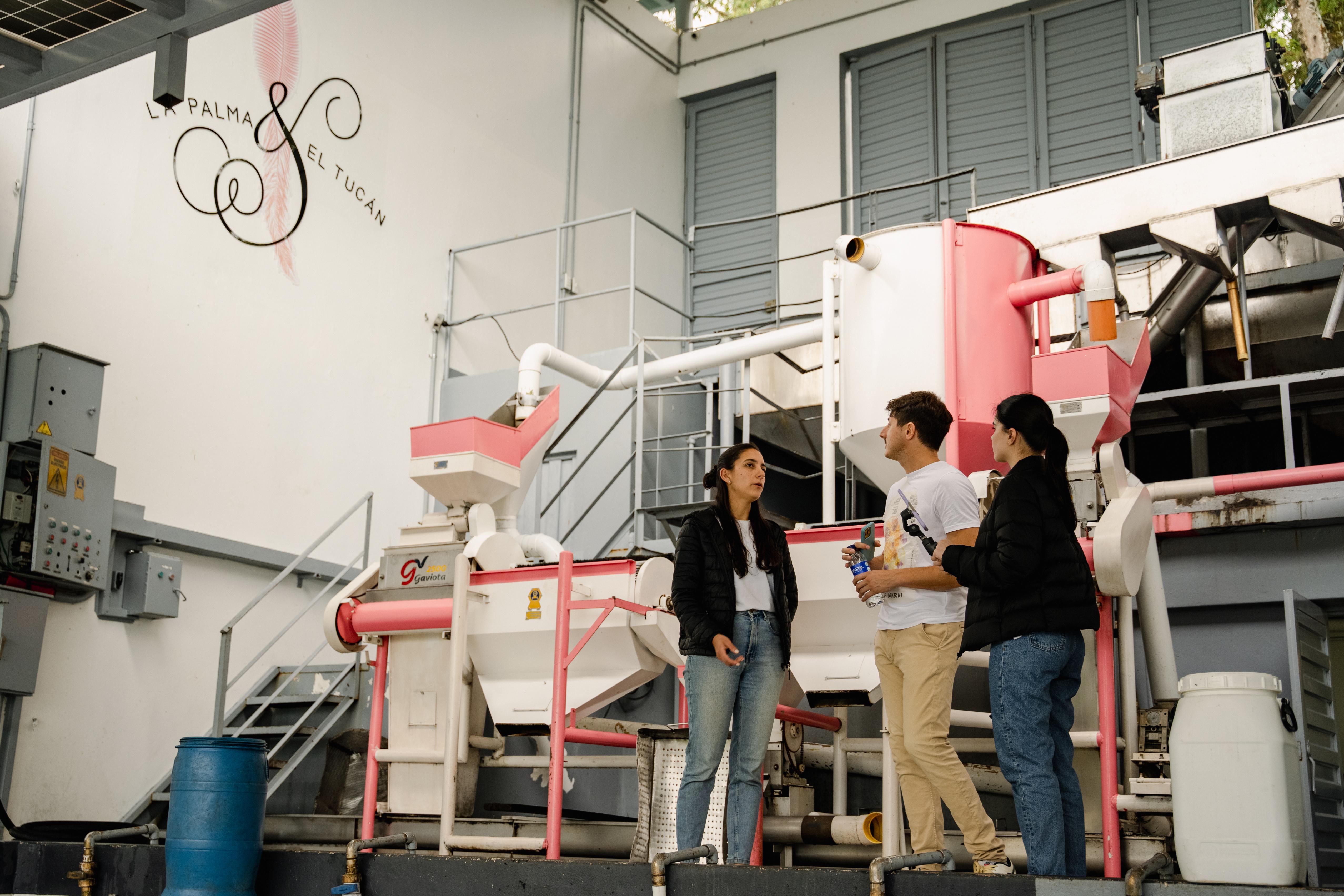

_DSC7566 11 - RESERVAS HOTEL.jpg 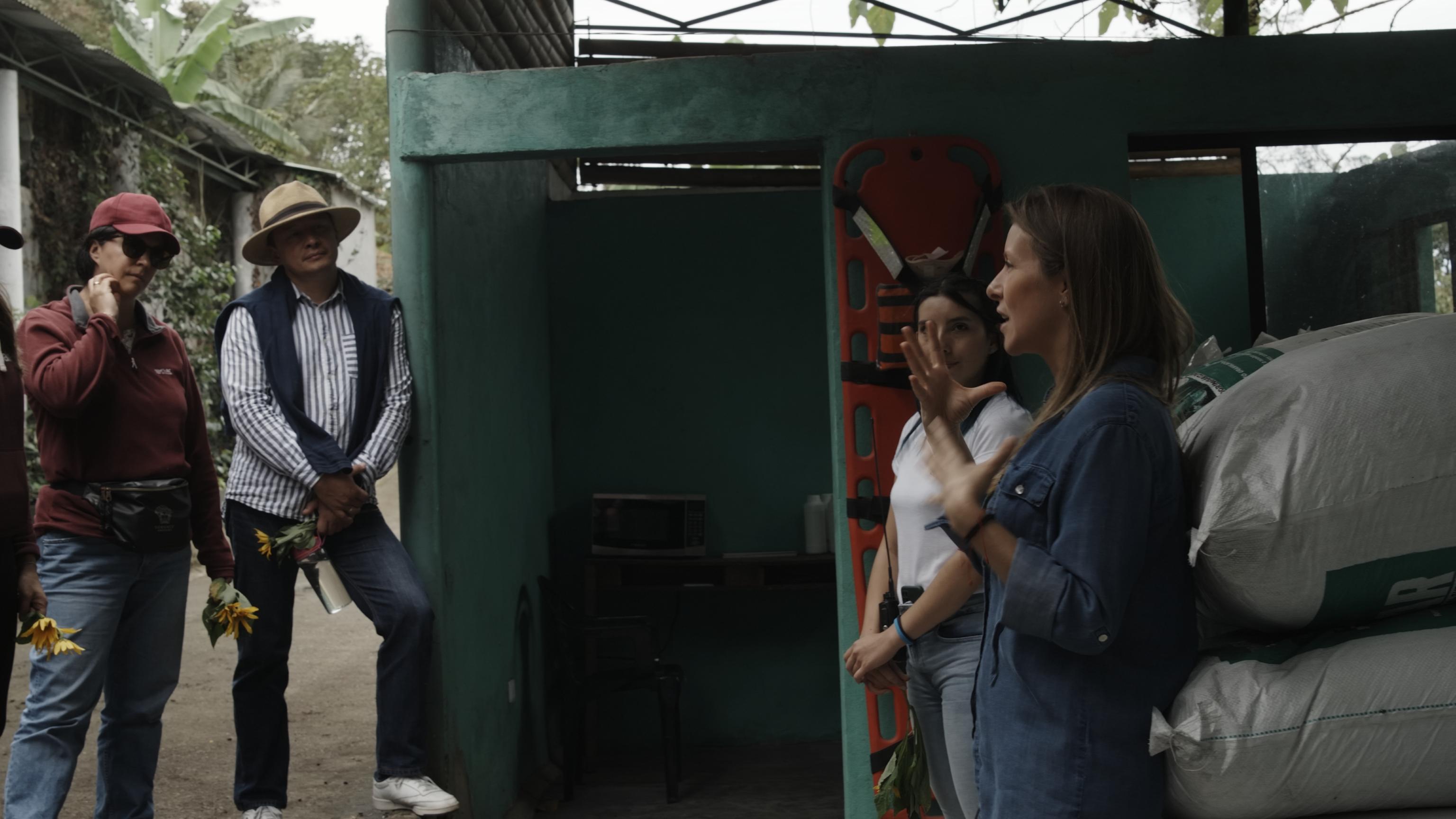

PyT_1.13.11 - RESERVAS HOTEL.jpg 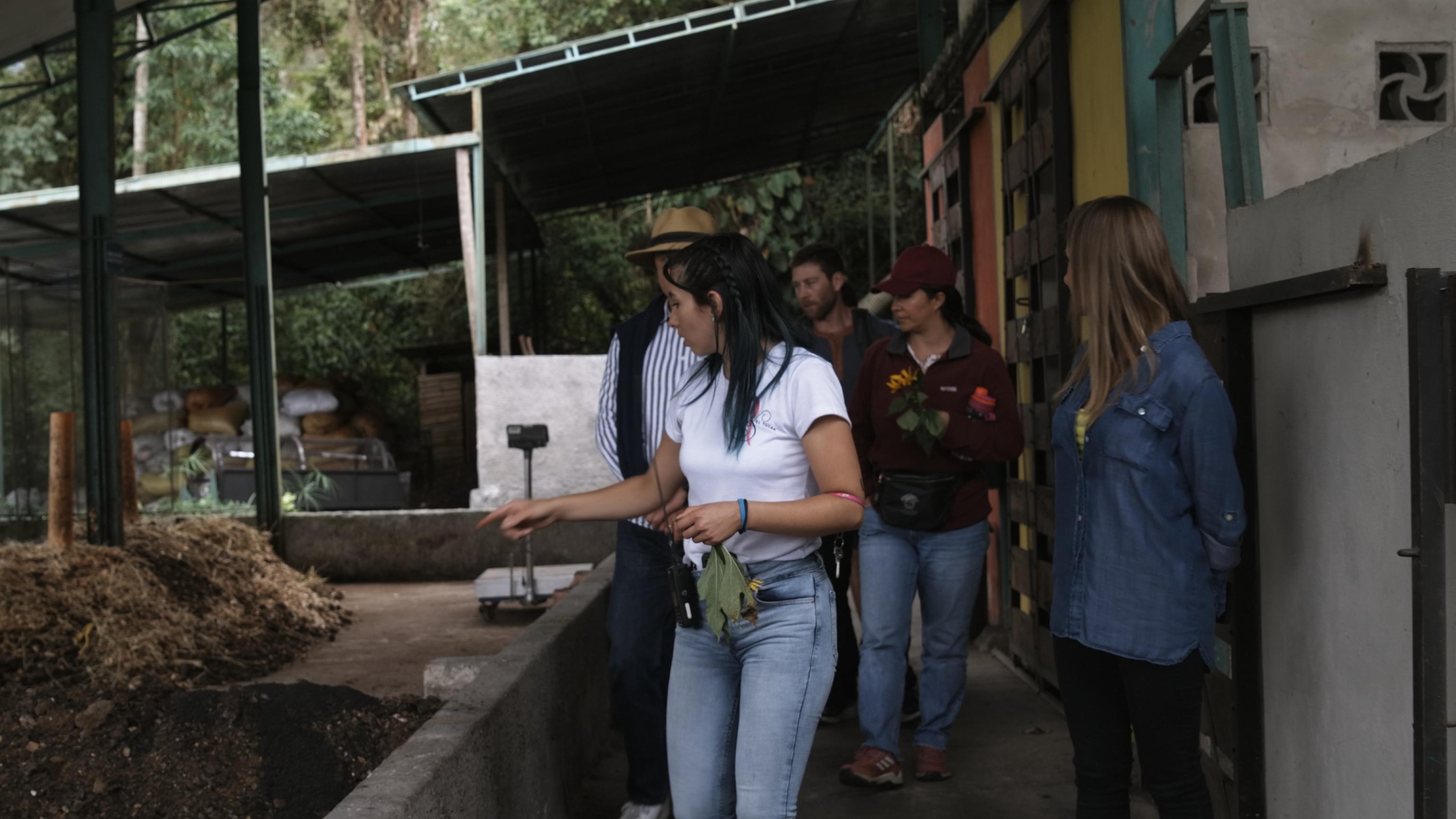

PyT_1.15.11 - RESERVAS HOTEL.jpg 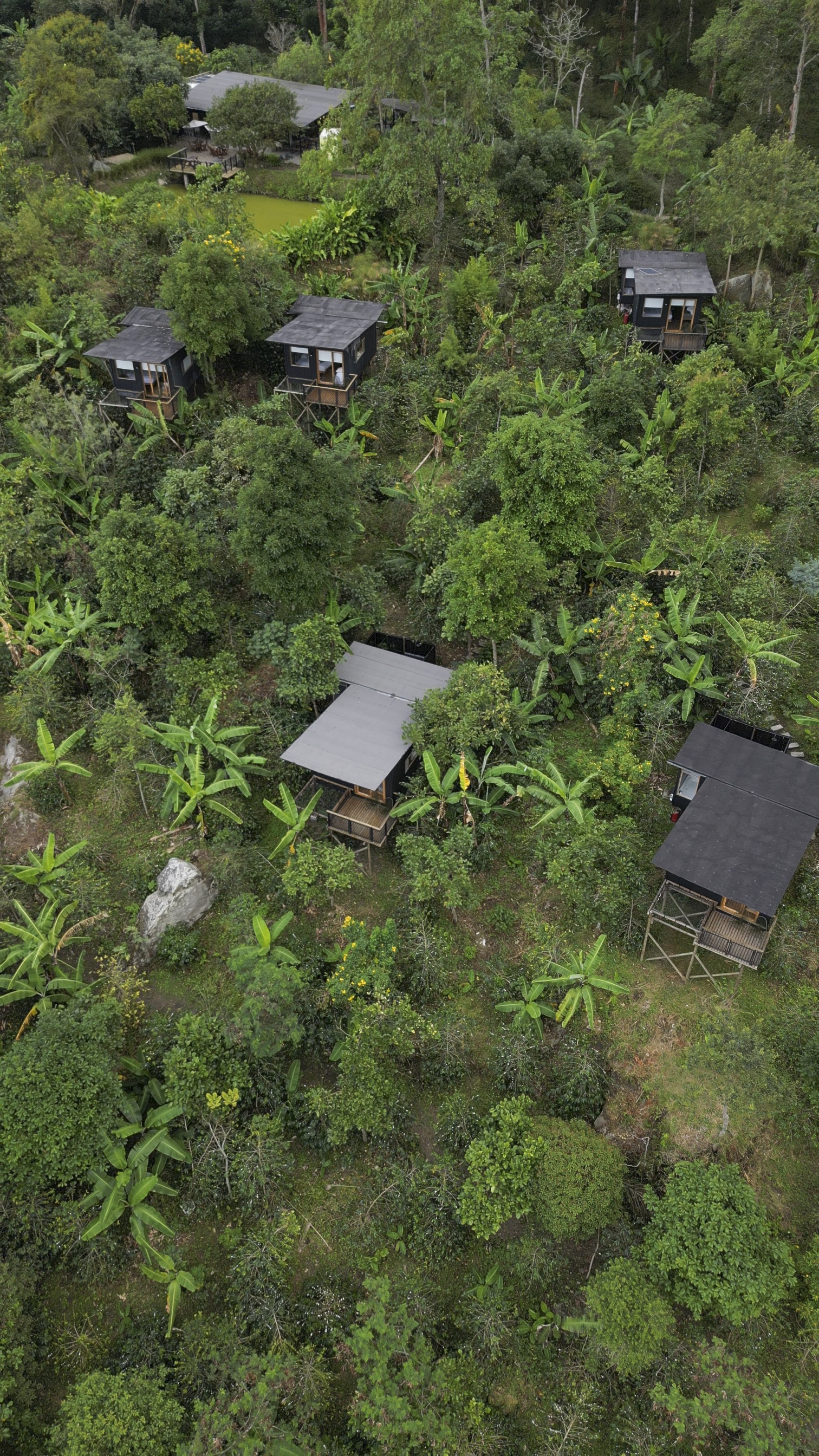

Copia de DJI_0799.00_00_28_28.Imagen fija004 - RESERVAS HOTEL.jpg